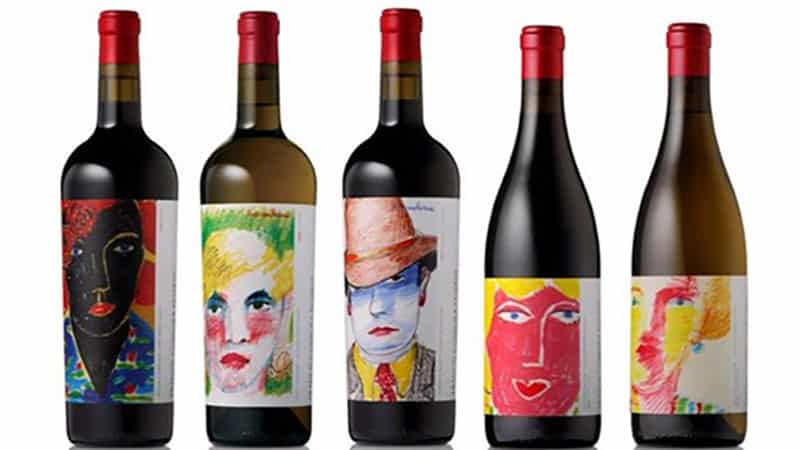People who are lonely are more likely to buy products that have faces on the label, a new study suggests.
“Visuals can fill a void for consumers experiencing a lack of social connection,” says Bettina Cornwell, professor of marketing at the University of Oregon. “When people see faces in branding materials, their likability for that brand goes up.”
The findings, which appear in the European Journal of Social Psychology, are rooted in our fundamental need to belong and our desire to form and sustain relationships. When people lack these social connections, they often attempt to fill the void in other ways, including through what they buy.
“Seeing a face in a brand visual increases a consumer’s liking of the brand, especially if they feel lonely.”
“Previous research linked our need for social connection with consumer behavior and judgment, but very little was understood about the role that visuals play in social connection and brand likability,” says lead author Ulrich R. Orth of Christian-Albrechts-University Kiel in Germany.
“Our study builds on prior research by demonstrating that seeing a face in a brand visual increases a consumer’s liking of the brand, especially if they feel lonely.”
The face on the label doesn’t even need to be smiling, researchers say. Consumers imagine humanlike characteristics in nonhuman visuals, a process also known as anthropomorphism.
Loneliness can enhance people’s tendency to exhibit “wishful seeing” and is most apparent in the case of faces.
“A lack of interpersonal relationships motivates people to actively search for sources of connection,” Cornwell says. “Individuals who are lonely are more likely to find faces in visuals because they so greatly desire this social connection.”

For one of the studies, researchers created a set of 18 drawings that included both non-face images and ones that clearly depicted human faces. They also developed fictitious brand names and slogans to accompany the mock advertisements. Participants were then asked to answer questions about the brand, the images, and themselves.
How loneliness makes us sick
The findings showed a significant effect on brand likability when respondents saw a face on the label. There was also a clear link between high rates of loneliness, the tendency to imagine a face in a non-face drawing, and likability of the brand.
The researchers then turned to wine bottles to dive deeper into the findings. Forty-five different labels were ranked on a scale of 1 to 7 based on how clearly a face could be detected in the brand’s imagery.
They also controlled for measures like familiarity and personal wine preference. The results mirrored those of their first study: Consumers were more likely to favor brands that used faces on their labels.
The findings could be put to good use and not just leveraged to sell products to lonely consumers. There are important public policy implications about consumer vulnerability and valuable lessons for organizations that are helping people, communities, and society, Cornwell says.
Some ads make us think products ‘sound big’
“Charities and nonprofits can extract important information from these findings that will help them serve their communities. If they choose to use a face over another image, they will be more likely to connect with individuals and share their mission with others.”
Source: University of Oregon



